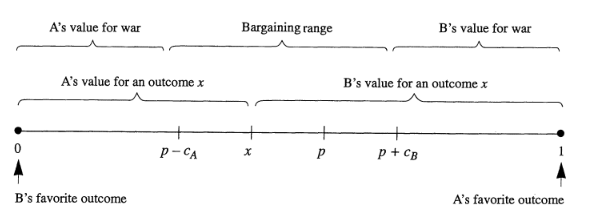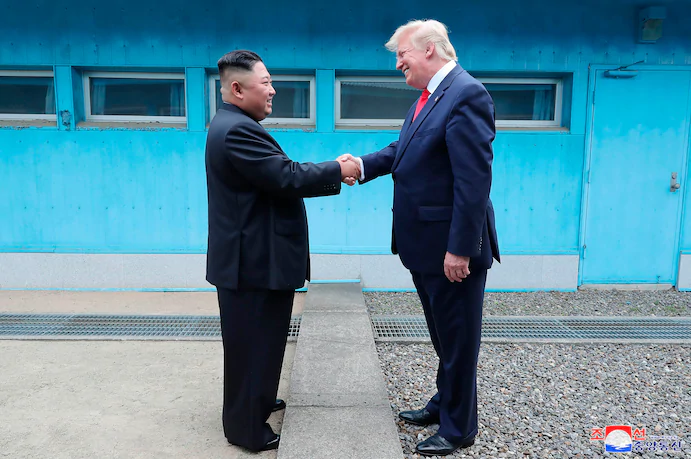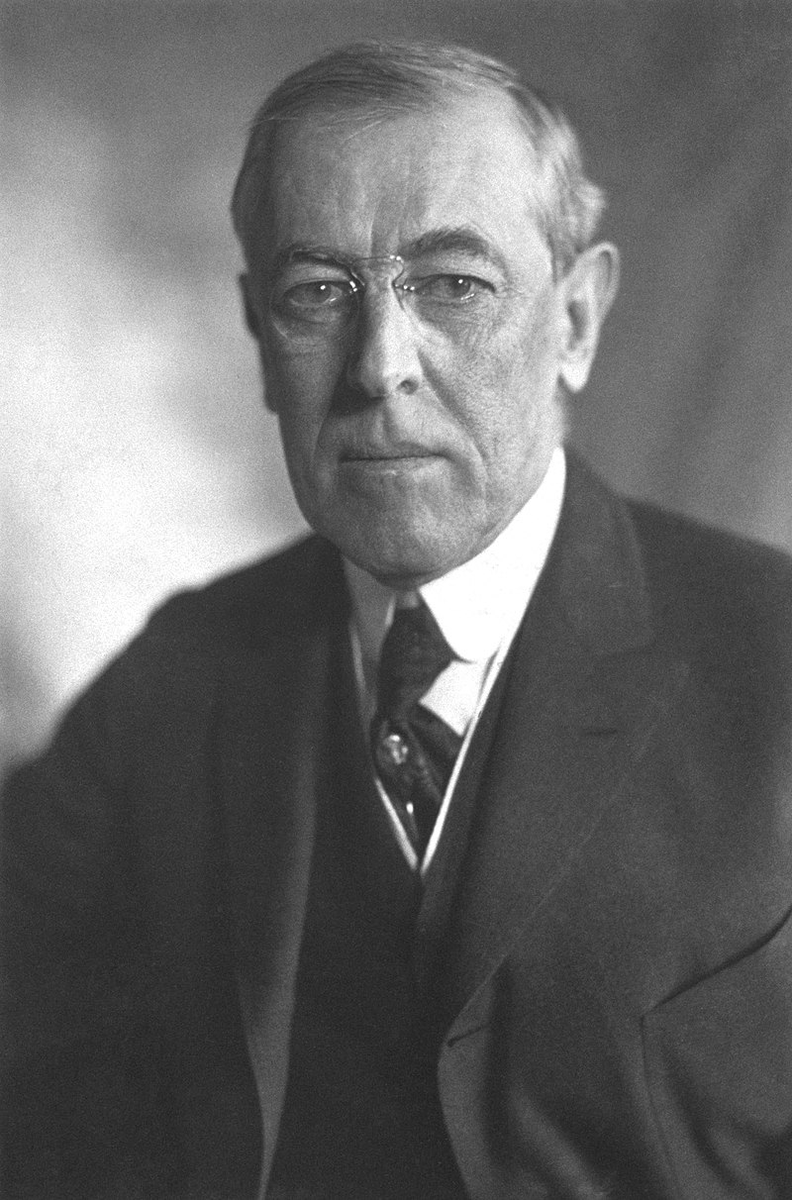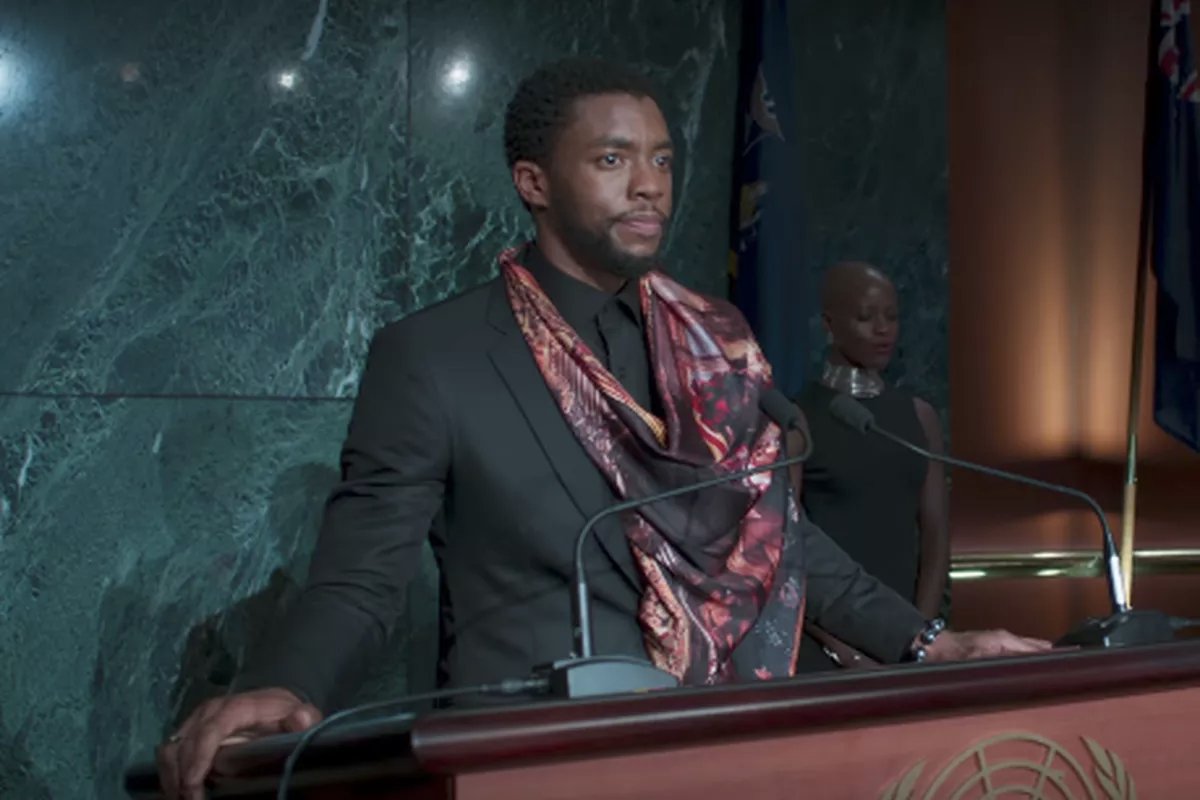
Foreign Policy will not be a key topic at the first Trump v Biden debate.
That's a shame, since foreign policy goes a long way toward explaining why we're facing a Trump v Biden choice in November.
[THREAD]
That's a shame, since foreign policy goes a long way toward explaining why we're facing a Trump v Biden choice in November.
[THREAD]
https://twitter.com/CNN/status/1308472408001609730
To be clear: I am NOT offering a story about how the collapse of the Soviet Union ended the "Cold War Consensus" and this collapse brought us to today.
journals.uchicago.edu/doi/abs/10.230…
journals.uchicago.edu/doi/abs/10.230…

First of all, if there ever was such a consensus, it was gone long before 1990
cambridge.org/core/journals/…
cambridge.org/core/journals/…
Specifically, it probably fell apart during the Vietnam war. As Martin Luther King Jr remarked in his 1967 "Beyond Vietnam" speech:
"If America's soul becomes totally poisoned, part of the autopsy must read `Vietnam.'"
"If America's soul becomes totally poisoned, part of the autopsy must read `Vietnam.'"

Second, @rmmyrick91 has new research raising questions about the ability of external threats to generate partisan unity
rachelmyrick.com/research
rachelmyrick.com/research

Besides, the idea behind the "Cold War Consensus" claim is that because extreme domestic partisanship in 🇺🇸 will come about through domestic processes (👇), foreign policy can tamp it down.
annualreviews.org/doi/abs/10.114…
annualreviews.org/doi/abs/10.114…
Instead, I think 🇺🇸 foreign policy played a key role in CREATING division within 🇺🇸 politics.
The "Post-Cold War Consensus" was the idea to unite the world under US military leadership, i.e. "primacy"...
tnsr.org/2018/02/choosi…
tnsr.org/2018/02/choosi…
For awhile at least, things seemed great
But by the end of the 1990s/early 2000s, Americans experienced the negative consequences of pursuing primacy (see 9/11/2001) ... 

.... and more free market expansion
Problem is that neither situation went well.
Iraq and Afghanistan became part of America's "endless wars"...
brookings.edu/blog/order-fro…
Iraq and Afghanistan became part of America's "endless wars"...
brookings.edu/blog/order-fro…
... and "go out and buy" led to a global economic meltdown
By this point in the post-Cold War era, the American people had gone through Bush, Clinton, and Bush again 





By 2016, were things really much different?
"Endless Wars" still seemed "Endless"...leading to the view that the foreign policy establishment couldn't think otherwise (see @stephenWalt)
amazon.com/Hell-Good-Inte…
"Endless Wars" still seemed "Endless"...leading to the view that the foreign policy establishment couldn't think otherwise (see @stephenWalt)
amazon.com/Hell-Good-Inte…
And the continued pursuit of global market openness seemed to undermine a key pillar of the post-World War II global economic system: embedded liberalism, i.e. protect workers (see @JeffDColgan)
foreignaffairs.com/articles/world…
foreignaffairs.com/articles/world…
Given this, it's not all that surprising that a complete outsider (Trump) could first defeat another Bush... 

So a question for November is this: will Biden be perceived not only as a suitable alternative to Trump, but also as an alternative to "the establishment" foreign policy view?
That is a question I hope is EVENTUALLY asked at one of the upcoming presidential debates
[END]
That is a question I hope is EVENTUALLY asked at one of the upcoming presidential debates
[END]
Addendum: for more on the relationship between the "post-Cold War consensus" and US domestic politics, highly recommend this @profmusgrave piece
tandfonline.com/doi/abs/10.108…
tandfonline.com/doi/abs/10.108…
• • •
Missing some Tweet in this thread? You can try to
force a refresh












